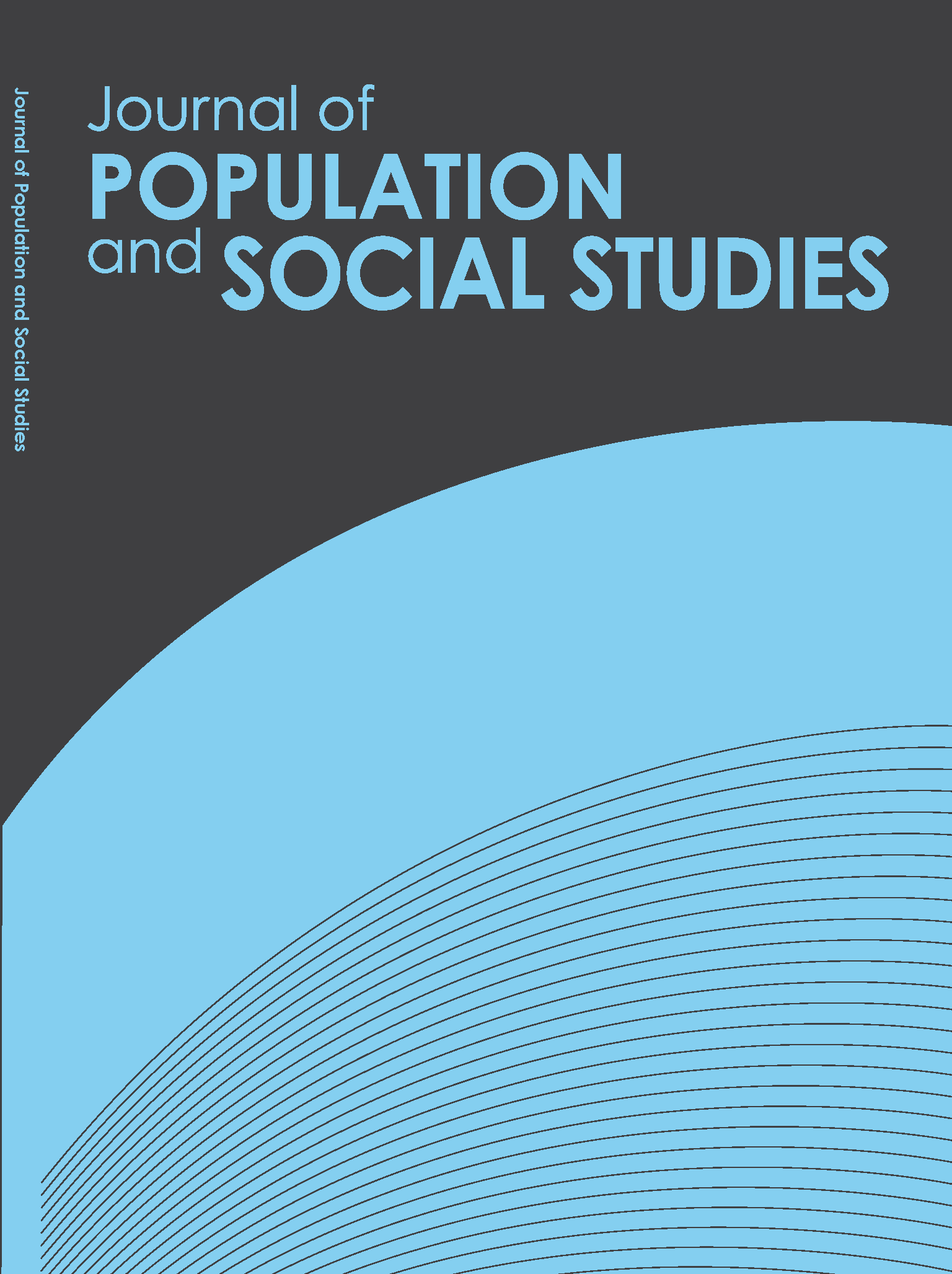Getting By or Getting Ahead: Resettlement Inputs and Social Capital in Involuntary Resettlement
Main Article Content
Abstract
This study goes beyond the conventional evaluative measurement of involuntary resettlement impacts by utilizing the institutions interventions perspective and social capital theory as tools for understanding the extent to which resettled populations in the Philippines and Indonesia are able to restore their socio-economic well-being. The paper outlines how the interplay between the resettlement inputs and social capital changed from the first year in the relocation site to several years later and how the changes provide evidence of the evolving well-being of the households. The cases examined in the study reveal that resettlement inputs and social capital work hand in hand in fostering improvement in the households’ living conditions. The research also demonstrates that the value and relevance of household social ties could be context-specific. While the Philippine case presents a ‘getting by’ picture of households’ well-being, the Indonesian case illustrates a combination of ‘getting by’ and ‘getting ahead’.
Article Details
References
Bourdieu, P. & Wacquant, L. (1992). An invitation to reflexive sociology. Chicago: University of Chicago Press.
Briggs, X. D. S. (1998). Brown kids in white suburbs: Housing mobility and the many faces of social capital. Housing Policy Debate, 9(1), 177 - 221.
Cernea, M. (1996). Impoverishment risks and livelihood reconstruction: A model for resettling displaced populations. Washington, D. C.: World Bank.
Cernea, M. (1997). The risks and reconstruction model for resettling displaced populations. World Development, 25(10), 1569-1588. doi: 10.1016/S0305-750X(97)00054-5
Cernea, M. (2000). Risks, safeguards and reconstruction: A model for population displacement and resettlement. Economic and Political Weekly, 35(No. 41), 3659-3678.
Guinness, P. (1986). Harmony and hierarchy in a Javanese Kampung. Singapore: Oxford University Press.
Handayani, I. (2012, February 15). Beyond statistics of poverty. The Jakarta Post. Retrieved from http://www.thejakartapost.com/news/2012/02/13/beyond-statistics-poverty.html
National Statistical Coordination Board. (2013). Poverty incidence unchanged, as of first semester 2012. Makati: National Statistical Coordination Board.
Parasuraman, S. & Cernea, M. M. (1999). The development dilemma: displacement in India. Basingstoke: Macmillan.
Putnam, R. D. (2000). Bowling alone: The collapse and revival of American community. New York: Simon & Schuster.
Putnam, R. D., Leonardi, R., & Nanetti, R. Y. (1993). Making democracy work: civic traditions in modern Italy. New Jersey: Princeton University Press.
Quetulio-Navarra, M., Niehof, A, Van der Vaart, W, Horst, H. & Suliyanto, S.E. (2012). The disruption and rebuilding of social capital in involuntary resettlement in the Philippines and Indonesia. International Journal of Social Sciences and Humanities Studies, 4(2), 307-323.
Quetulio-Navarra, M., Van der Vaart, W. and Niehof, A, (2015). Can third-party help improve data quality in research interviews? A natural experiment in a hard-to-study population. Field Methods Journal. 27(4), 426-440. doi: 10.1177/1525822x15572096
Quetulio-Navarra, M., Znidarsic, A. and Niehof, A. (2017). Gender perspective on the social networks of household heads and community leaders after involuntary resettlement. Gender, Place & Culture, 24(2), 225-246. doi: 10.1080/0966369x.2016.1277185
Scudder, T. (1993). Development-induced relocation and refugee studies: 37 years of change and continuity among Zambia's Ovenbe Tonga. Journal of Refugee Studies, 6(2), 123-152. doi: 10.1093/jrs/6.2.123
Scudder, T. & Colson, E. (1982). From welfare to development: A conceptual framework for the analysis of dislocated people. In A. Hansen and A. Oliver-Smith (Eds.), Involuntary migration and resettlement: The problems and responses of dislocated people (pp. 267-287). Boulder, USA: Westview Press.
Stone, W. (2001). Measuring social capital: Towards a theoretically informed measurement framework for researching social capital in family and community life. Melbourne: Australian Institute of Family Studies.
World Bank (2001). OP 4.12 - Involuntary Resettlement. Washington: World Bank.
Woolcock, M. & Narayan, D. (2000). Social capital: Implications for development theory, research, and policy. World Bank Research Observer 15(2), 225-249. doi: 10.1093/wbro/15.2.225


